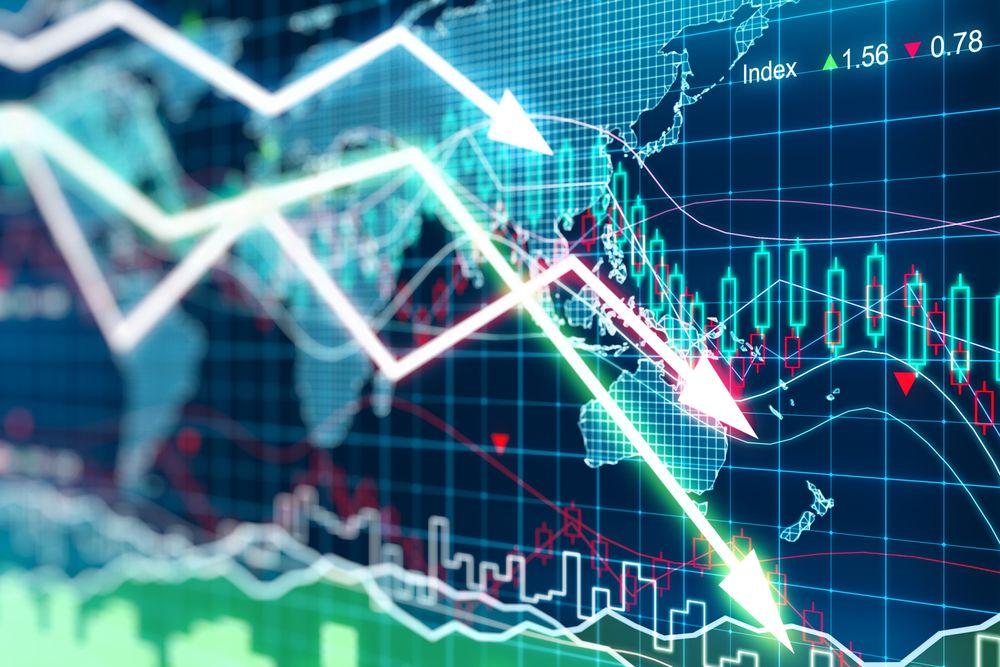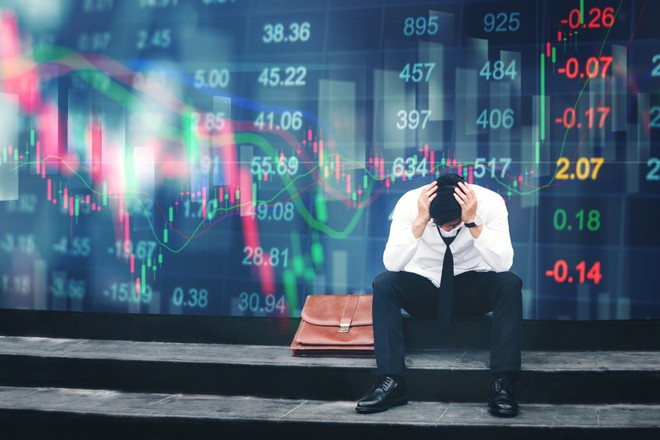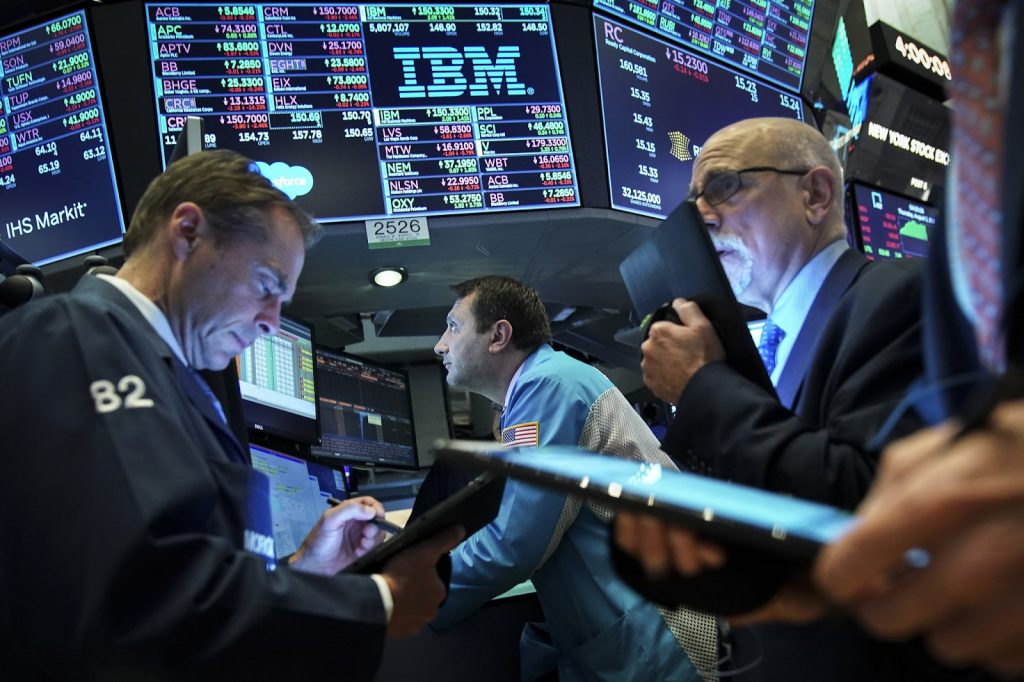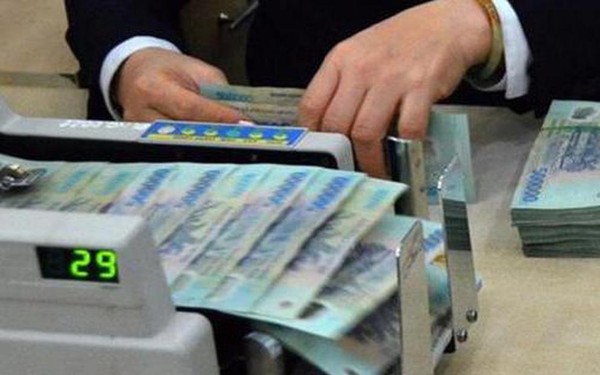What Is A Recession In Economics And 5 Telltale Signs
The opposite of a boom period will be when the economy is in a recession. Economic recession will affect people’s lives. Therefore, the Government of each country always tries to develop the economy, minimizing any possibility of causing a crisis or recession. Let’s find out through What Is A Recession In Economics And 5 Telltale Signs.
What is an economic recession?

A recession is defined by the US National Bureau of Economic Research (NBER) as a decline in economic activity nationwide and lasts for many consecutive months. In macroeconomics, a recession is defined as a decline in GDP, real gross domestic product, over two consecutive quarters.
This means that the economic growth rate is negative for two or more quarters. This is also the first information in What Is A Recession In Economics And 5 Telltale Signs.
What is a recession cycle?
When the economy is in a recession, it will seriously affect businesses that are operating. Therefore, the systematic study of the theories of the economic cycle and economic recession is an important task that each country must pay attention to.
The economic cycle is the fluctuation of real GDP in the sequence of three phases: recession, recovery, and flourishing. People are interested and view that recession and flourishing are the two main phases, and recovery is the secondary phase.
What is the cause of the economic downturn?

Theorists and policymakers are often at odds and have arguments about the real cause of economic downturns. Most people agree that it is caused by a combination of cyclical endogenous factors and exogenous shocks.
According to this view, Keynesian economists agree that exogenous factors such as weather, war, oil prices, etc. all cause a temporary recession or short-term economic growth.
According to the Austrian school of economics: The cause is inflation by the money supply. Recession is seen as a natural market mechanism to correct the inefficient use of resources during periods of “growth” or inflation.
Monetarists argue that structural changes in the economy are secondary, with the government’s mismanagement of money causing the recession. This is also a follow-up to What Is A Recession In Economics And 5 Telltale Signs.
Signs of economic recession
Changes in bond interest rates
Economists rely on the yield curve to detect a recession. In finance, a bond yield curve is a line that shows the different interest rates on loans of equal value and different maturities. For example, a 2-year bond versus a 2-month bond. It is inflation that affects the bond curve:
When inflation increases, the number of bonds purchased is high to get interested to offset the devaluation, at which time the yield curve reflects the impact of the market on the economy.
On the contrary, when inflation decreases, the demand for buying is low, and for selling a lot to recover capital instead of waiting for profits.
The yield curves on 3-month and 10-year bonds had a big impact on the most recent US recession. As the country’s inflation rises rapidly, as a rule, long-term interest rates should be higher than short-term interest rates.
But if long-term interest rates are lower than short-term interest rates, the curve shows signs of inversion, meaning economic growth slows down.

Credit conditions
Referring to what are the causes of economic recession, it is certainly impossible to ignore the signs of bank credit. When loan conditions become difficult, especially for small and medium enterprises, it is also considered a sign of economic recession.
Right now banks are tightening their lending policy because they see the risk in the future of those loans. Many surveys and surveys aimed at polling bank loan professionals, and credit condition indexes are important clues to assess signs of good or bad economic activity.
Business Psychology
Investors are cautious when they see an unstable economy, war, and price escalation. According to an analysis by JPMorgan Chase & Co senior economist – Jess Edgerton: The recession will lead to a reduction in capital spending, which in the long run will have a strong impact on business activities and the labor demand of enterprises.
In the current situation, the world’s investors’ confidence in the global economy tends to decrease. The actual report of Global CEO Outlook shows that: In the four major economies of the UK, France, Australia, and China, less than half of the CEOs here are confident in the development prospects of the global economy.
Bad debt problem on the rise
The unemployment rate, underemployment, low wages paid to workers and rising inflation will increase the risk of bad debt for each individual. This is also a follow-up to What Is A Recession In Economics And 5 Telltale Signs.
On the government’s side, bad debt causes a shortage of production materials, forcing them to borrow from other countries. In the long run, the economy does not change well, causing bad debt.
Labor market problem
The economy is said to be bad as the number of people receiving unemployment benefits increases. Because this shows that businesses tend to narrow their production and business activities, choose mergers, and even dissolve.
That leads to labor restructuring, staff cuts, downsizing, etc. All of these are signs of an approaching economic recession.
In addition, data on monthly wages also reflects the state of the labor market. The decrease in people’s income will affect the domestic GDP.
If many companies stop hiring more workers, lay off employees, cut wages, etc., special attention should be paid because they are the seeds of a recession.
When analyzing the labor market, you should pay attention to the seasonally recruited workforce. Often they are recruited when the company is short of people, expanding operations, and having growth.
But if the business goes downhill, these temporary employees are the first to lose their jobs and lose their source of income.
Impact of economic recession
– Shipping: Most of the world’s goods are transported by this method, when the economy is in recession, everything is stalled, from crude oil, agricultural products, raw materials, vehicles, etc. circulate. This makes trade activities congested, businesses have no goods to sell, produce goods, no new contracts, contract compensation, losses, etc.
– The amount of oil consumption greatly determines the economic growth of each country and each region. As the recession unfolds, the reduced demand for oil signals a slowdown in growth for the entire economy.
– The stock financial market is in decline because the indices on the exchange are the talking numbers, they most intuitively reflect the economic situation of each country.
– High unemployment rate despite the government’s stimulus packages: The impact of the recession causes the unemployment rate to increase in many countries, whether developing or underdeveloped countries cannot be avoided. out of this situation. Unemployment increases, and many people are without work, which can lead to political and social problems.
– Global trade declines: When supply and demand decrease, private consumption, corporate investment, production, import, and export of goods and materials from external markets decrease.
– Weak currency: The sharp decline in the value of a country’s domestic currency affects not only the country itself but also other economies, especially countries that are highly dependent on exports.
– The price of raw materials and commodities decreased: Specifically, the price of oil, which is used to assess the demand for goods in the world. Falling commodity prices will affect the revenue of businesses, causing them to have to downsize their business or even go bankrupt.
Which industries will benefit from the economic downturn?
With the information in What Is A Recession In Economics And 5 Telltale Signs, it can be seen that when a downturn occurs, the whole market is affected.
Both supply and demand have decreased, and business activities of enterprises have also stagnated because there are no raw materials for production, and no one buys sold products.
However, there are industries where it is difficult to completely cut it even though the economy is in a recession such as healthcare and energy.
Therefore, when looking at the electronic stock exchange, the shares of other companies may be red, but businesses in the healthcare or energy sectors are green, or there is little decline.
In fact, every individual and organization will be damaged and negatively affected more or less by the economic downturn.
However, there are places where the loss is large, and there are places where the loss is lower due to timely response measures and support policies of the state. The economic crisis has narrowed people’s investment options, but not without. The following 3 areas you can consider investing in:
Stock:
Although the risk of investing when the market is falling is quite high, you can consider the stocks of companies in the fields of energy, healthcare, and companies that pay stable dividends to help you have long-term sources of income. You need to spend time analyzing and evaluating to find good codes and minimize investment risks.
Gold:
The low-risk asset class is very popular when the downturn hits. This is also a follow-up to What Is A Recession In Economics And 5 Telltale Signs.
Real estate:
This is the industry that experts consider the mainstay of the economy. Although there is no high-interest rate, the stability of real estate and sustainable growth value in the long term make it the first choice of many investors.
Hopefully, the article What Is A Recession In Economics And 5 Telltale Signs will provide you with useful information.
Thanks for reading!




One Comment